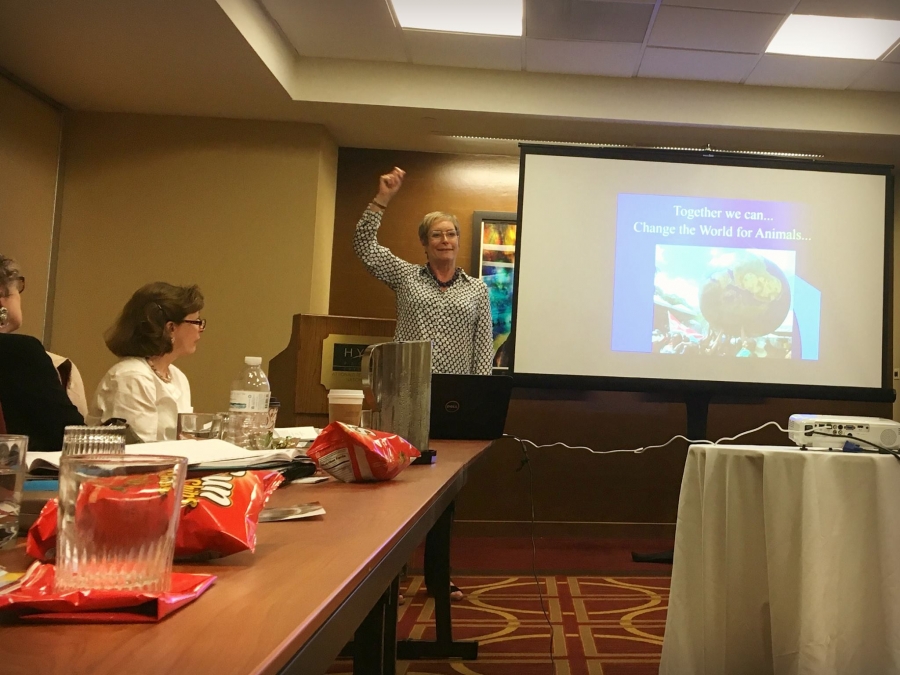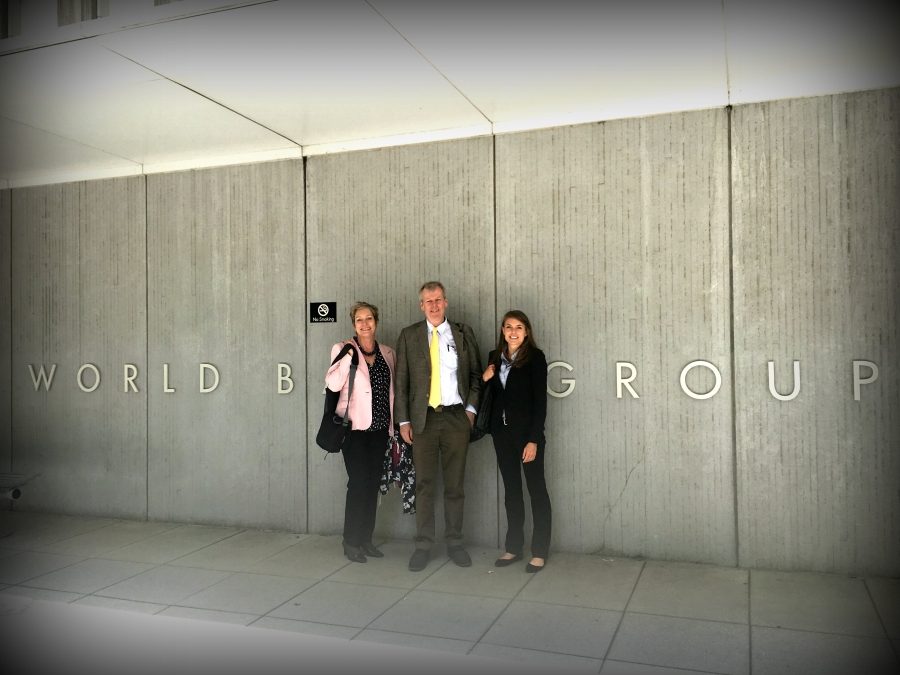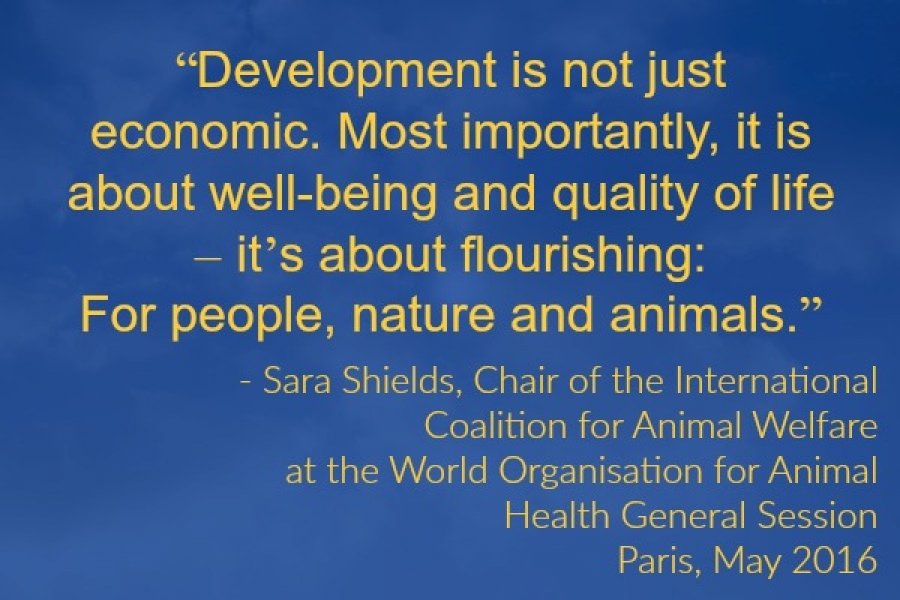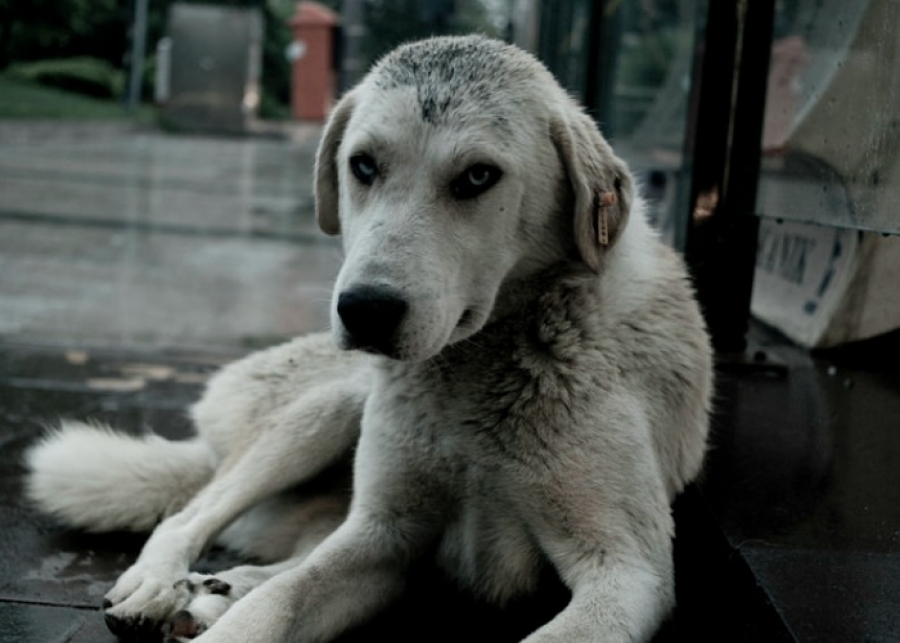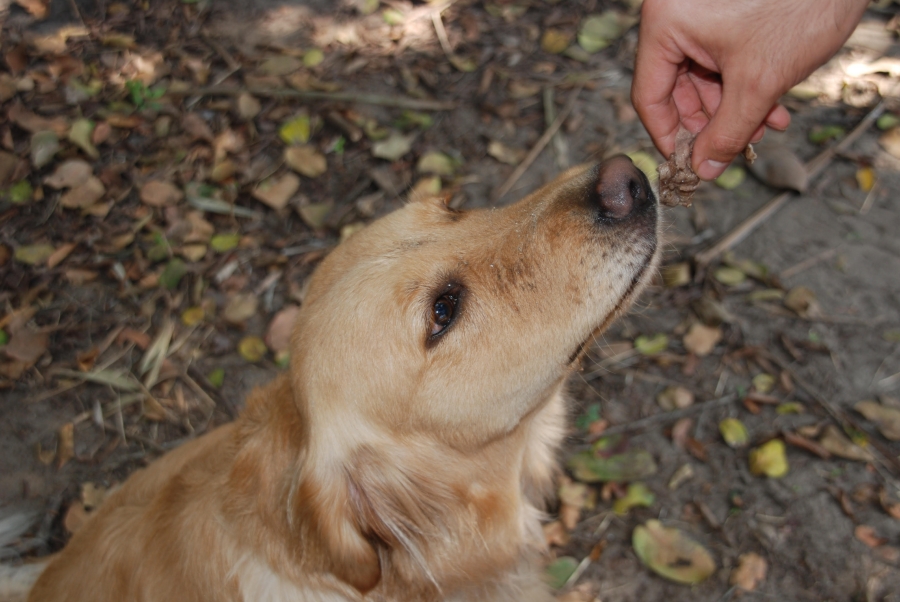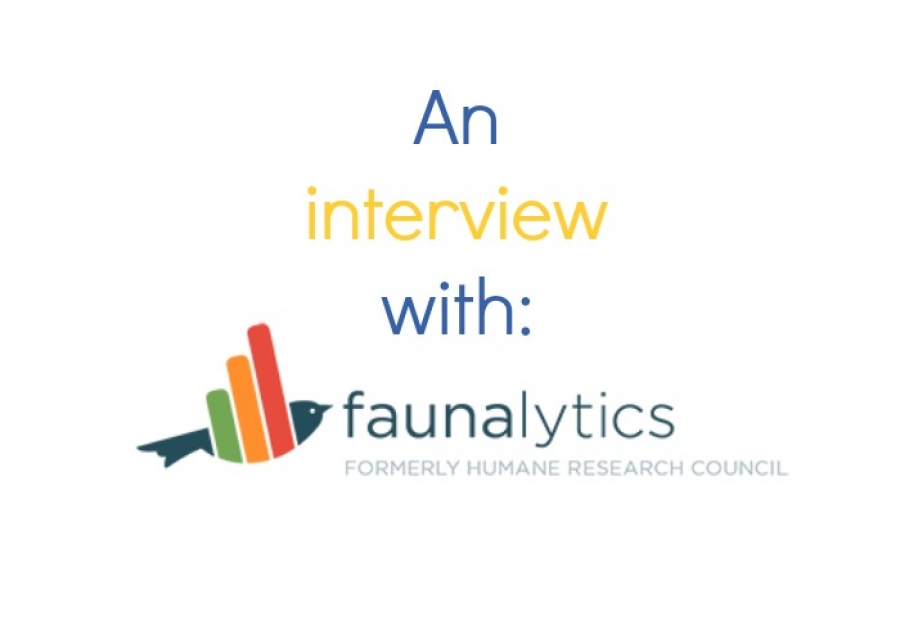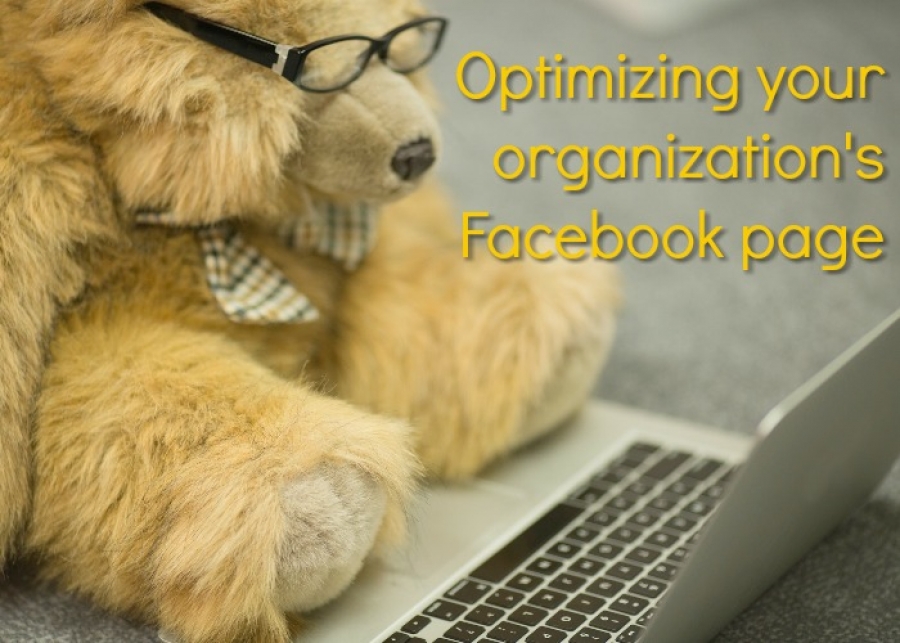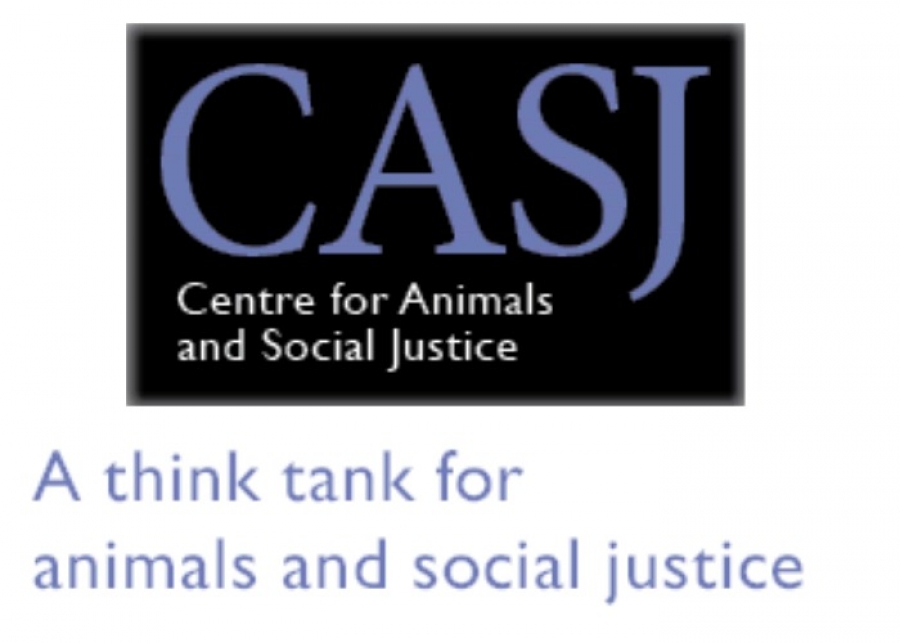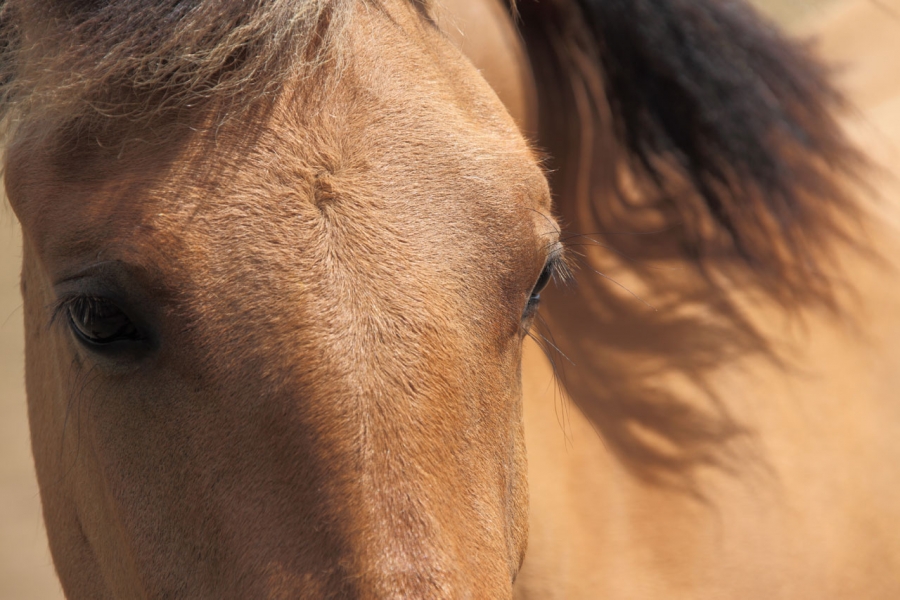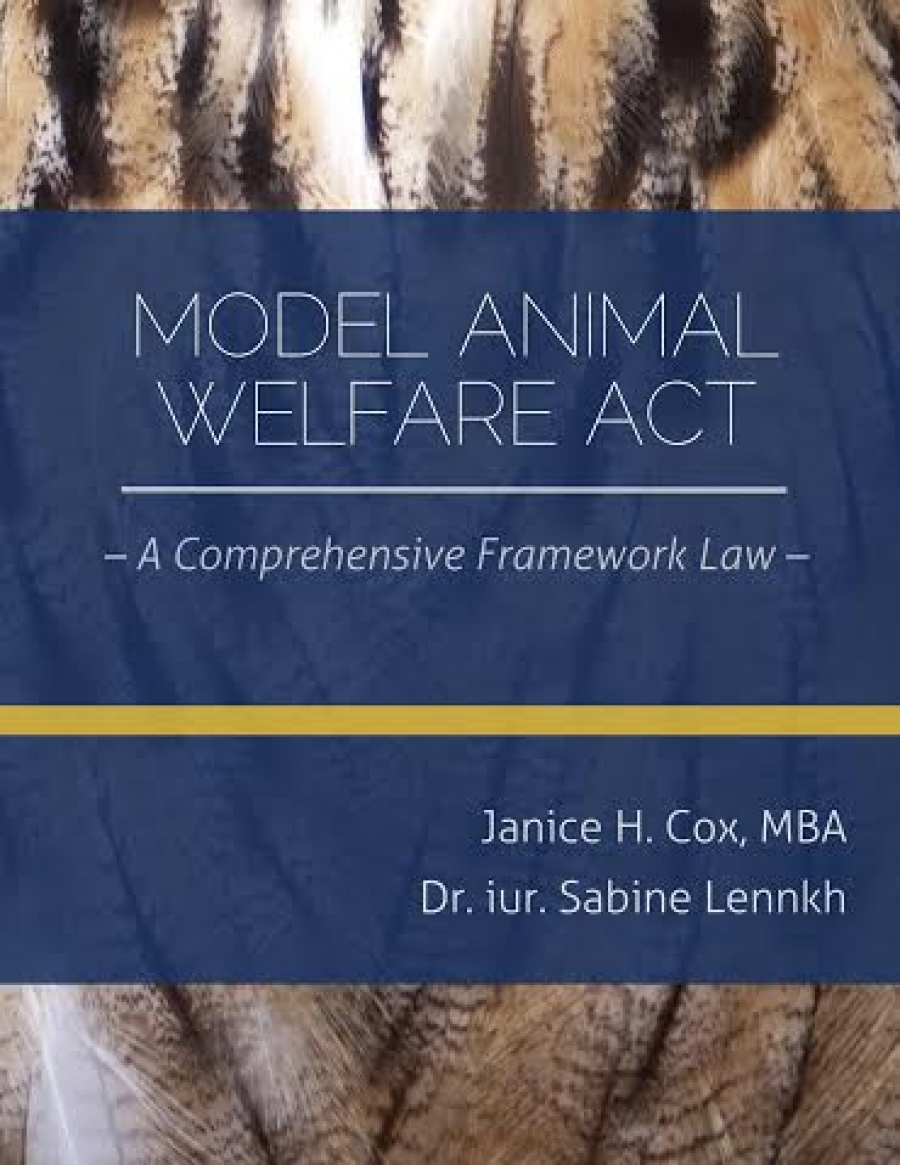
WAN’s Janice Cox Presents at the National Council for Animal Protection’s Summit for the Animals in Washington, D.C.
Written by Jessica BridgersWatch this Space: Notes on Animal Welfare and the World Organisation for Animal Health (OIE) 2016 General Session
Written by Janice CoxAt the end of May I attended the OIE’s 2016 General Session on behalf of WAN, which was one of a number of international animal protection organisations representing the International Coalition for Animal Welfare (ICFAW).
World Animal Net Releases New Report on Stray Dog Population Management
Written by Jessica BridgersAt World Animal Net, one of the most frequent emails we get comes from people traveling abroad who have encountered stray dogs and are concerned for their welfare. High profile cases of abuse of stray dogs by municipal and country governments have made headlines in past years from Romania, Russia, and Brazil, to name just a few. And in India, the problem of dog-mediated rabies has reached such a fever pitch that killing stray dogs is again being considered, though the country banned the practice in 2001.
BuscaFuska Aims to Help Shelters Save More Animals Around the World
Antonio Exsome, BuscaFuskaAt World Animal Net, we're pleased to partner with BuscaFuska to help them reach animal shelters across the world, making it easier for these shelters to find forever homes for the animals in their care. Below is a message from BuscaFuska's founder, Antonio Exsome, about their new expansion.
Faunalytics: A Standout Charity Helping Animal Advocates
Written by Jessica BridgersIn today’s blog, we highlight the work of Faunalytics, a non-profit research organization dedicated to helping animals by providing useful information to advocates to help them increase their impact. You may know them by their former name: “The Humane Research Council.” Che Green, their Executive Director, has kindly shared this information about their important work with WAN and our contacts.
Facebook for Animals: Optimizing your organization's Facebook page
Written by Jessica BridgersOver the past decade, Facebook pages for animal protection organizations (and any organization, really) have gone from optional to obligatory. Regardless of what kinds of animals you work for, and what your methods are (rescue, policy, etc.), having a presence on Facebook is a must. A Facebook page not only lets people know what your organization is doing, but it creates a channel for you to promote your audience to take action through petitions or contacting policy targets to ask for reform, as well as more pragmatic endeavors, such as building your donor base and growing your email list.
New Report from the CASJ Explores How Promoting Democracy Can Help Animal Advocates Protect Animals
Written by Jessica BridgersAnyone who has experience in the field of animal protection knows that for the majority of issues, from farmed animals, animal experimentation, pet overpopulation, hunting, animals in entertainment, to working animals, we battle vested interest groups which benefit economically from the use and abuse of animals. Unfortunately, many governments across the world operate under a paradigm that promotes human-centered economic growth. Because of the contribution of animal-use industries to economic growth, economic considerations of animal use are generally given primacy over animal welfare considerations. Thus, government structures, systems and processes are developed which support animal-use, despite the fact that these generally do not reflect public opinion on animal welfare. This paradigm prevents an overarching animal welfare ethic from being incorporated, the result being a marked lack of progress by animal advocates.
For anyone who has spent much time around either dogs or horses, two species with a long history of companionship with humans, the news of recent weeks probably comes as no surprise.
I cannot adequately express how happy I was to be able to pen the words: “World Animal Net is pleased to present its Model Animal Welfare Act” recently! Sabine Lennkh, a German lawyer (who specialised in Comparative Law and Animal Welfare Legislation for her Doctorate), and I have been working on this project for over three years now – and it has been a hard slog...

